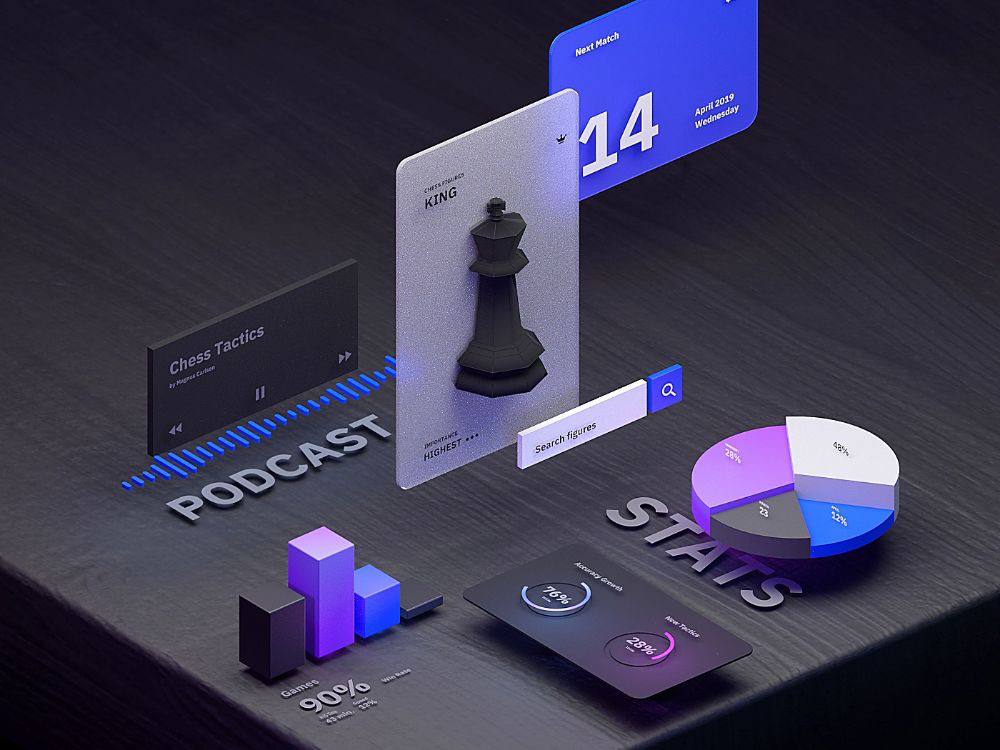Product features and benefits are no longer sufficient to set a brand apart. Consumers are bombarded with endless options, and their attention spans are shorter than ever. To break through the noise, brands must pivot from product-driven differentiation to emotionally driven connections. This seismic shift requires brands to redefine their approach to differentiation, prioritising emotional resonance over product superiority.
The Era of Emotional Differentiation
We’ve entered an era where consumers prioritise emotional connections over rational considerations. Research by Harvard Business Review reveals that emotionally engaged customers are:
- 52% more valuable than neutral customers
- 33% more likely to recommend a brand
- 25% more likely to return to a brand
Emotional differentiation is no longer a nicety; it’s a necessity. Brands must create meaningful connections with their audience to drive loyalty, advocacy, and growth.
Characteristics of Emotionally Driven Brands
Emotionally driven brands exhibit distinct traits:
- Purpose-Driven: Clear values and mission
- Authentic Storytelling: Genuine, emotive narratives
- Empathy: Understanding customers’ needs and emotions
- Experiential: Memorable, evocative experiences
- Employee Advocacy: Staff embodying brand values
These characteristics foster deep connections with customers, driving loyalty and advocacy.

Successful Examples
- Apple: Empowering creativity and innovation
- Patagonia: Environmental responsibility
- Dove: Self-acceptance and body positivity
- Nike: Empowering athletes and social justice
- LEGO: Fostering creativity and playfulness
These brands have successfully created emotional connections with their audience, driving loyalty and advocacy.
Strategies for Emotional Differentiation
- Conduct Emotional Research: Understand customers’ emotional needs
- Develop a Compelling Narrative: Authentic, emotive storytelling
- Create Immersive Experiences: Memorable, sensory interactions
- Foster Employee Advocacy: Ensure staff embody brand values
- Leverage User-Generated Content: Customer stories and testimonials
By implementing these strategies, brands can create meaningful connections with their audience.
Benefits of Emotional Differentiation
- Increased Loyalty: Emotional connections drive retention
- Advocacy: Emotionally engaged customers recommend brands
- Differentiation: Emotional connections set brands apart
- Growth: Emotionally driven brands experience increased revenue
Emotional differentiation offers numerous benefits, but challenges arise:
Challenges and Opportunities
- Authenticity: Brands must genuinely embody their values
- Consistency: Emotional connections require consistent messaging
- Measurement: Quantifying emotional engagement poses challenges
Conclusion
In today’s crowded market, emotional differentiation is crucial. By connecting with customers on a deeper level, brands can:
- Build loyalty
- Drive advocacy
- Differentiate themselves
- Experience growth
Key Highlights:
- Emotional connections drive purchasing decisions
- Emotionally engaged customers are 52% more valuable
- Purpose-driven brands resonate deeply
- Authentic storytelling evokes emotions
- Employee advocacy ensures consistent brand messaging












